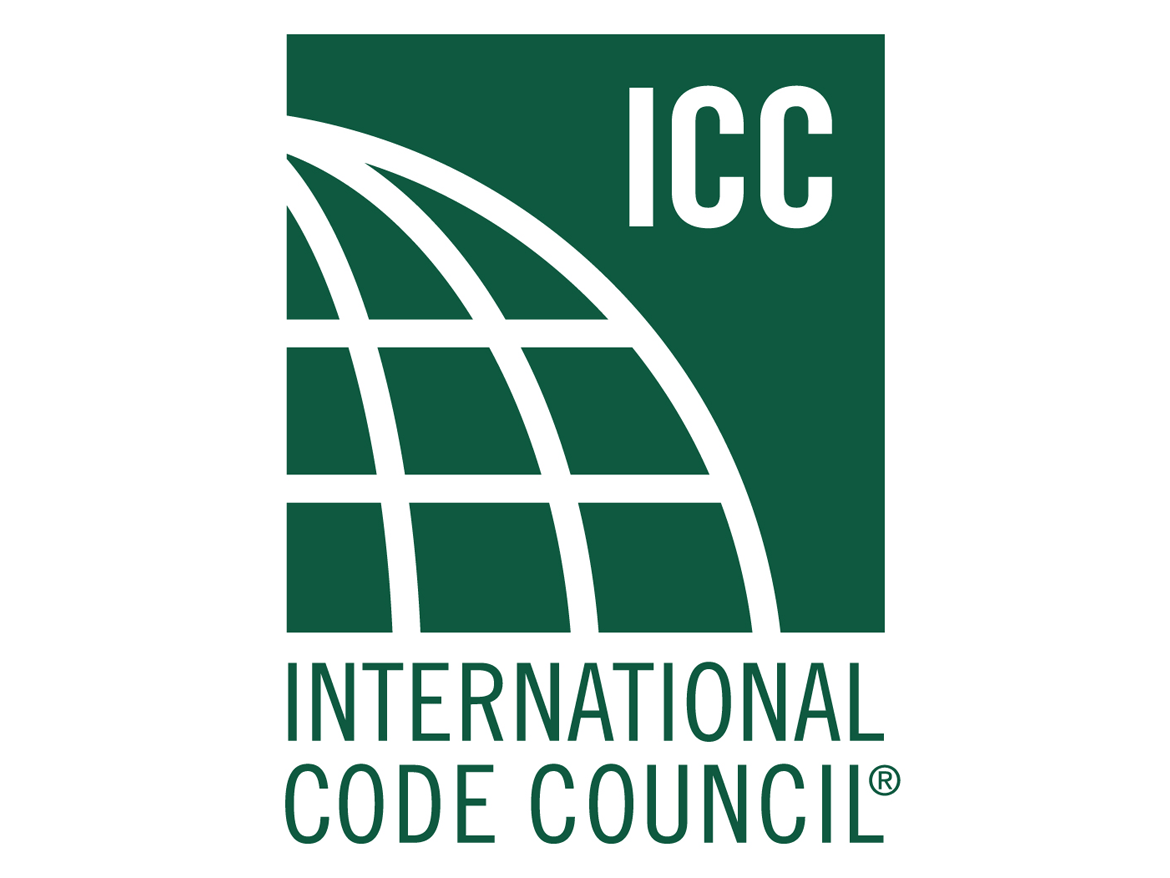Controls Optimization for Residential Heating Systems for New and Retrofit Homes
Design energy efficient and cost-effective residential heating systems utilizing hybrid solutions and smart controls
Sponsored by Propane Education and Research Council | Presented by Bryan Cordill
Webinar On-Demand
Webinar participants will learn about residential performance curves with residential heat pumps, including when heating systems need additional input/back-up from electric heat strips or hybrid partners when the temperatures fall below 40F. We will introduce ways to hybridize home heating systems to optimize performance and efficiency.
In addition, we will introduce and discuss incorporating technologies like smart thermostats, automated systems, modeling programs for design consideration. This course will address how emissions, efficiency, economics of home heating options will vary by geographic location.
Finally, we will address how hybrid systems work together to optimize grid relief including generator sizing, avoiding infrastructure upgrades, and increasing economic viability. Builders and homeowners can implement these options today.

Photo courtesy of PERC
 |
Bryan Cordill is the chief architect of the residential market portfolios, leading efforts to support and grow propane demand in the residential markets. He facilitates the development and adoption of propane-powered equipment and appliances through business development, product development, and market development activities to preserve existing markets and develop new growth opportunities. Bryan has over 25 years’ experience in the Propane Industry but has been around the product his whole live growing up working for his Grandfather and then Father in their family’s business, Cordill Butane Propane Service. He served the Louisiana Propane Gas association as Chair of the Governmental Affairs Committee, served a term as the organizations President, and was twice named that states Dealer of the Year. He has also served several companies as a business coach and consultant, including technology companies, commercial and residential builders, and a non-profit broadcasting group. He holds a master’s degree in Organizational Psychology from Louisiana Tech University. |
The Propane Education & Research Council is a nonprofit that provides leading propane safety and training programs and invests in research and development of new propane-powered technologies. PERC programs benefit a variety of markets including residential and commercial building.
Originally published in Architectural Record
Originally published in October 2024
LEARNING OBJECTIVES
- Recognize heat pump performance curves, including when heating systems need additional input/back-up from electric heat strips or hybrid partners and challenges to pure electric installations.
- Identify ways to hybridize by utilizing traditional dual fuel heat pump furnaces, hydronic heat pump solutions, and boiler solutions while addressing retrofitting heating oil conversions.
- Integrate technologies such as smart thermostats, automated systems, modeling programs and discuss design considerations for emissions, efficiency, and economics, which vary by geographic location.
- Discover how hybrid systems work together to optimize grid relief, including generator sizing, avoiding infrastructure upgrades, and addressing economic viability.











